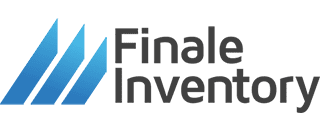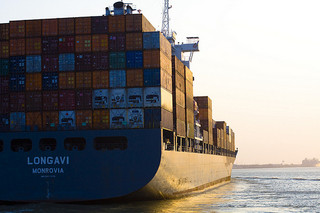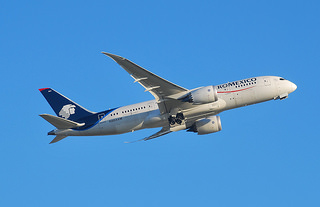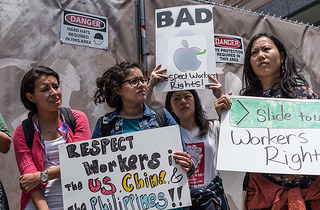Washington State Legislators Take a Look at Safety Measures for Growing Numbers of Oil Shipments

As crude oil shipments across railways and along waterways ramp up due to increased shale oil productivity, lawmakers in the state of Washington take a look at what additional safety measures might need to be put into place to safeguard the public. Devastating railroad accidents involving crude oil shipments in Canada and North Dakota have brought light to the situation. Washington has only recently been a major thoroughfare for crude oil shipments, and the state is known for especially stringent environmental policies. The Washington House Environmental Committee approved a new measure, called Substitute House Bill 2347, that allows the Washington Department of Ecology new rule making powers over the requirements of tug boat use along the Colombia River and within Grays Harbor. The bill, sponsored by Seattle Democratic Representative Jessyn Farrel, also requires all oil refineries and those receiving shipments of oil by rail to report to the WA Department of Ecology each quarter. However, there is a measure in the bill that keeps most of the reports filed with Ecology from going public.
One of the major concerns for lawmakers is the especially volatile form of crude oil coming out of the Bakken oil fields in North Dakota. According to the Pipeline and Hazardous Materials Safety Administration, this particular oil is more dangerous to ship and needs more in terms of studies and safety regulations. Another issue is the integrity of the tank cars railroads typically use for shipments of crude oil, which have a history of rupturing or becoming punctured during train derailments.
In addition to the new regulations making their way through the Washington state government, the federal governments of the United States and Canada are exploring regulations to impose stricter safety regulations on the railroads and railroad operators, especially concerning the safety of the cars used to transport oil and the requirements for conductors setting brakes and leaving trains unattended.








